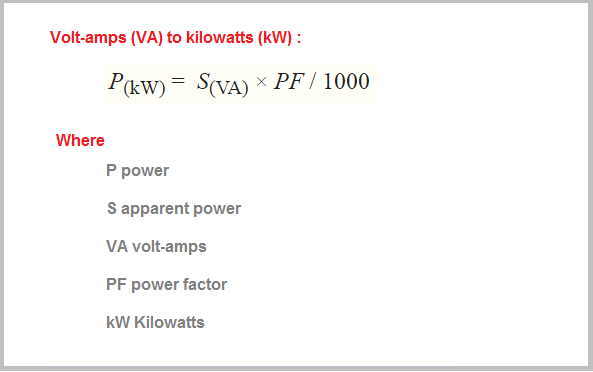
- #Uf electrical engineering calculator requirements software
- #Uf electrical engineering calculator requirements professional
- #Uf electrical engineering calculator requirements free


#Uf electrical engineering calculator requirements professional
An ability to recognize ethical and professional responsibilities in engineering situations and make informed judgments, which must consider the impact of engineering solutions in global, economic environmental, and societal contexts.An ability to communicate effectively with a range of audiences.An ability to apply engineering design to produce solutions that meet specified needs with consideration of public health, safety, and welfare, as well as global, cultural, social, environmental, and economic factors.An ability to identify, formulate, and solve complex engineering problems by applying principles of engineering, science, and mathematics.Student OutcomesĮlectrical and computer engineering graduates should demonstrate: The curriculum thus ensures breadth through the core courses and the choice of a technical elective technical core area coursework provides additional depth. Once the technical core area is chosen, the student is assigned a faculty advisor with expertise in that area to help the student select technical core courses that are appropriate to his or her career and educational goals.
#Uf electrical engineering calculator requirements free
Students then build on the core requirements by choosing an advanced technical component and a set of free electives from within or outside of the department. The core requirements of the Bachelor of Science in Electrical Engineering provide a foundation of engineering fundamentals. Many graduates seek further education in law, medicine, business, or engineering. Typical career paths of graduates include design, development, management, consulting, teaching, and research.
#Uf electrical engineering calculator requirements software
Areas in which electrical and computer engineers contribute significantly are: communications, signal processing, networks and systems, electronics and integrated circuits, energy systems and renewable energy, fields, waves and electromagnetic systems, nanoelectronics and nanotechnology, computer architecture and embedded systems, and software engineering and design. Graduates should be equipped to advance their knowledge while contributing professionally to a rapidly changing technology. The curricula in electrical engineering and computer engineering are designed to educate students in the fundamentals of engineering, which are built upon a foundation of mathematics, science, communication, and the liberal arts. Both curricula contain the fundamentals of electrical engineering and computer engineering they differ in technical core requirements in order to suit different career objectives.

Students seeking the Bachelor of Science in Electrical Engineering pursue one of two curricula-electrical engineering or computer engineering.


 0 kommentar(er)
0 kommentar(er)
